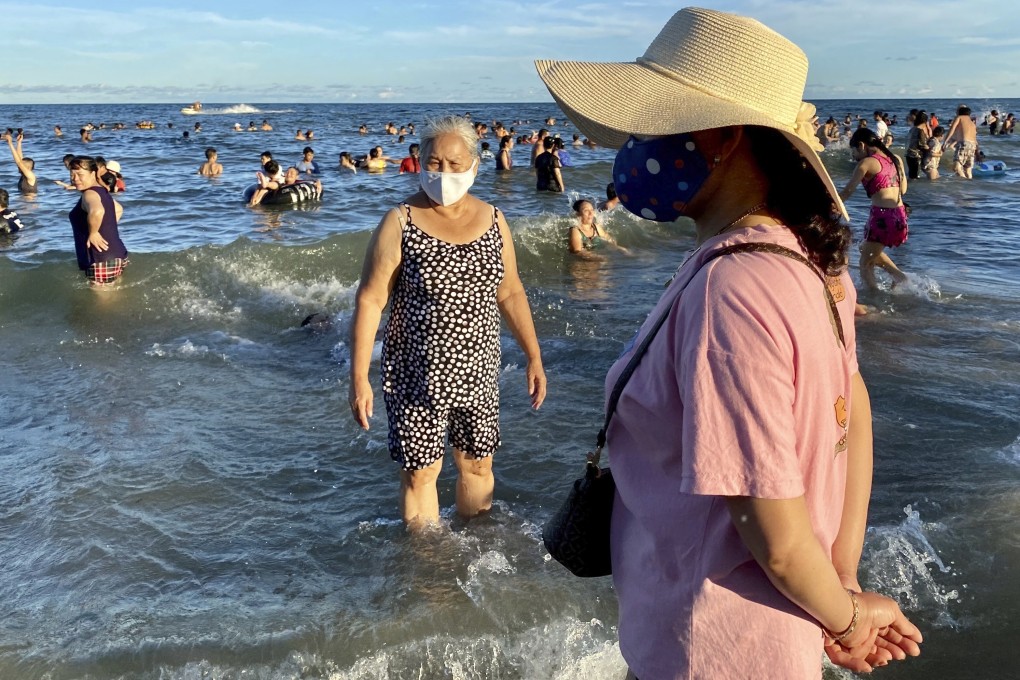Coronavirus latest: Vietnam evacuating 80,000 from Da Nang as Asian governments battle second wave
- Records set for daily increases in the Australian state of Victoria and in India, where epidemic is spreading faster than anywhere else in the world
- Indonesia’s confirmed number of coronavirus cases has surpassed 100,000, the most in Southeast Asia

Vietnamese authorities have issued a stay-at-home order for the central city of Da Nang, and the government has been on high alert after recently recording its first local cases in three months, all in or around Da Nang, which has a population of about 1.1 million people.
Vietnam on Monday reported 11 new infections after more than three months without any domestically transmitted cases, the Ministry of Health said. The new cases are all patients and health workers at Da Nang Hospital in Da Nang, where a 57- year-old man on Saturday was confirmed to be infected by the coronavirus, the country’s first local case since April.
The ministry also said that the virus is a new strain that has not previously been found in Vietnam. The mutated strain has a faster speed of infection, but its harmfulness compared to the previous strain is not yet known, it said.
Vietnam has also reintroduced social distancing measures in Da Nang. By imposing strict quarantine measures and carrying out an aggressive and widespread testing programme during the pandemic, Vietnam has kept its total tally of reported infections to just 420, with no deaths.
Vietnam is still closed to foreign tourism but there had been a surge in domestic travellers looking to take advantage of discounted flights and holiday packages to local resorts.
Following the discovery of the new cases, Prime Minister Nguyen Xuan Phuc ordered police to step up a crackdown on illegal immigration to the country. State media on Sunday said police in Da Nang had arrested a 42-year-old Chinese man it said was the head of a criminal group which helps people illegally enter Vietnam from China.